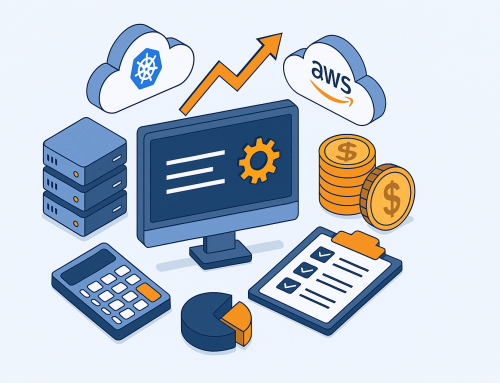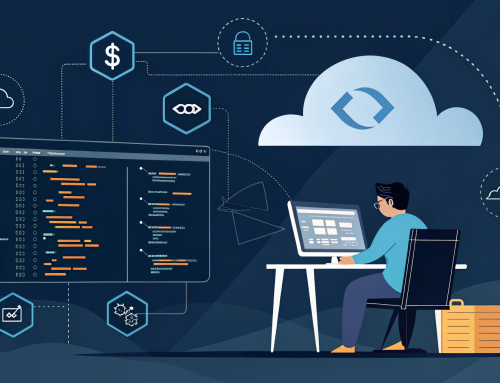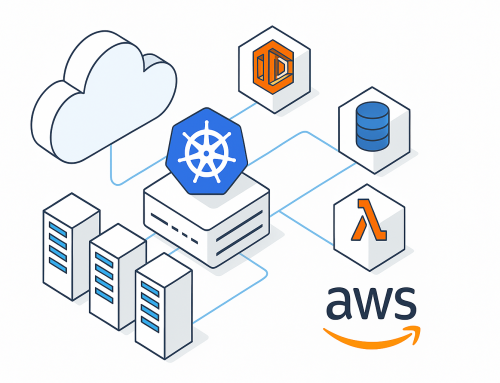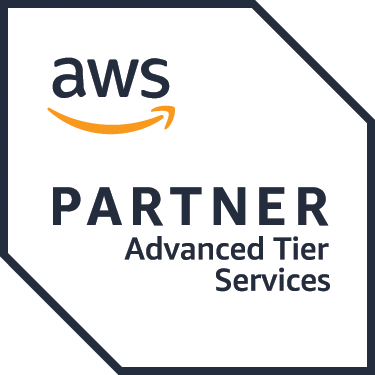
Dockerizing any application comes with a few problems that have to be worked out in every case. The container and Docker are already being touted as a revolution- and rightly so. Developers often struggle with configuration issues like version mismatch.
The Amazon EC2 Container Service (Amazon ECS) being offered by Amazon is a high performance container management service which is highly scalable and supports Docker containers. It permits you to run the applications easily on a managed cluster. It eliminates the need for you to involve in installation, operation and scale-up of infrastructure associated with cluster management. You can launch and stop applications that are Docker enabled with the aid of simple API calls.
The service can be utilized for scheduling the container placement across your cluster. This can be done based on the availability requirements as well as on your needs. You can as well consider integrating your or third-party schedulers for meeting application specific or your business requirements. No additional charges or effort are required for managing & clustering Amazon EC2 Container Service. There are several benefits of using Amazon EC2 Container Service with Docker which have been summarized in the succeeding paragraphs.
- Easy management of clusters
The EC2 container service removes the need for operating any cluster management software. There is as well no need to design any cluster architectures that are fault tolerant. There is no need to install any kind of software. It eliminates the need for management or scaling of software’s thereby permitting you to focus on developing applications. You have complete control and visibility of cluster right from the creation stage to the termination stage. You can easily integrate and make use of your own scheduler. It is quite easy to connect to the EC2 container service into already existent software.
- Flexibility in container placement
You can make use of the service for scheduling batch jobs and long running applications. You can as well use the APIs for procuring up-to-date information about the clusters. AWS ECS provides out of the box clustering and scheduling which eliminate use of third party tools such Kubernetes. Amazon ECS is an optimistic concurrency system and a shared state which supports multiple schedulers for each business on the same cluster.
- Can be used with other AWS services
Amazon EC2 container service can be integrated with CloudTrail, IAM, Virtual Private Cloud, Elastic Block Store and Elastic Load Balancing thereby offering you a complete solution for running services or applications that are containerized.
- Extensible
The Amazon EC2 Container service can be extended or integrated with the aid of simple APIs. It offers complete control and visibility over your resources so that they can be easily integrated within the existing software or you own schedulers.
- Performance delivered even after scale up
The Amazon EC2 container service has been built on a technology that has been developed after several years of experience in successfully running services that are highly scalable. You can launch multiple Docker containers in no time and with no additional complexity with the aid of Amazon ECS.
- Secure
The Amazon EC2 container service assists you in launching your own containers. There is no sharing of compute resources with other customers. You are permitted to use your own network ACLs and VPC security groups. These features offer a high degree of isolation and as well permit you to use Amazon ECS for building a highly reliable and secure applications.
- Cluster management
Management of your own infrastructure requires you to install, operate and scale your own software pertaining to cluster management in addition to configuring management systems. Managing and architecting the scalability and availability of the systems is not an easy task. The container service removes the complexity associated with container management. You just need to launch the cluster of container instances by specifying the tasks that you wish to run.
- Task Definition
The EC2 container service permits you to define tasks by using a declarative template which is referred to as task definition. Here you can specify one or more containers which are needed for your tasks and this as well includes Docker repository, CPU requirements, memory and shared data volumes. You are free to launch as many tasks that you wish to with the aid of a single file associated with Task Definition. The file as well permits you to control the version of your application specification.
- Programmatic control
The EC2 container service offers you a set of simple APIs that permit integration and extension of service. The APIs permit you to create as well as delete clusters. You can as well register and deregister tasks. A programmatic control is offered which helps you to terminate or launch containers. Detailed information is offered about the instances and state of clusters.
- Load balance
This helps you in distributing the traffic across all your containers. You can clearly specify the ELB and task definition to use. Upon doing this, the Amazon ECS service scheduler will automatically remove and add containers from the ELB. You can as well consider specifying a dynamic port in the task definition which gives an unused port to your container. You can share ELB with multiple services by using path-based routing.
- Monitoring
Amazon ECS offers you the capabilities to monitor your clusters and containers. You can consider monitoring the aggregate and average CPU including memory utilization of running tasks. You can consider setting CloudWatch alarms for alerting you when the clusters or containers need to be scaled down or up.
- Logging
You can consider sending the container as well as Docker logs to CloudWatch logs for simplifying the issues associated with diagnosis. You can consider recording all the API calls and have all the log files delivered to you. The information recorded comprises of the identity of the API caller in addition to the time of call, source address and request parameters. History of API calls is offered to you by CloudTrail.
- Security
The EC2 container service permits you to specify an IAM role for each task. This permits the instances to have a minimal role and as well allows you to manage the task role and instance role separately.
At CloudJournee, we help you by adopting / implementing Docker solution along with AWS EC2 Container Service.






